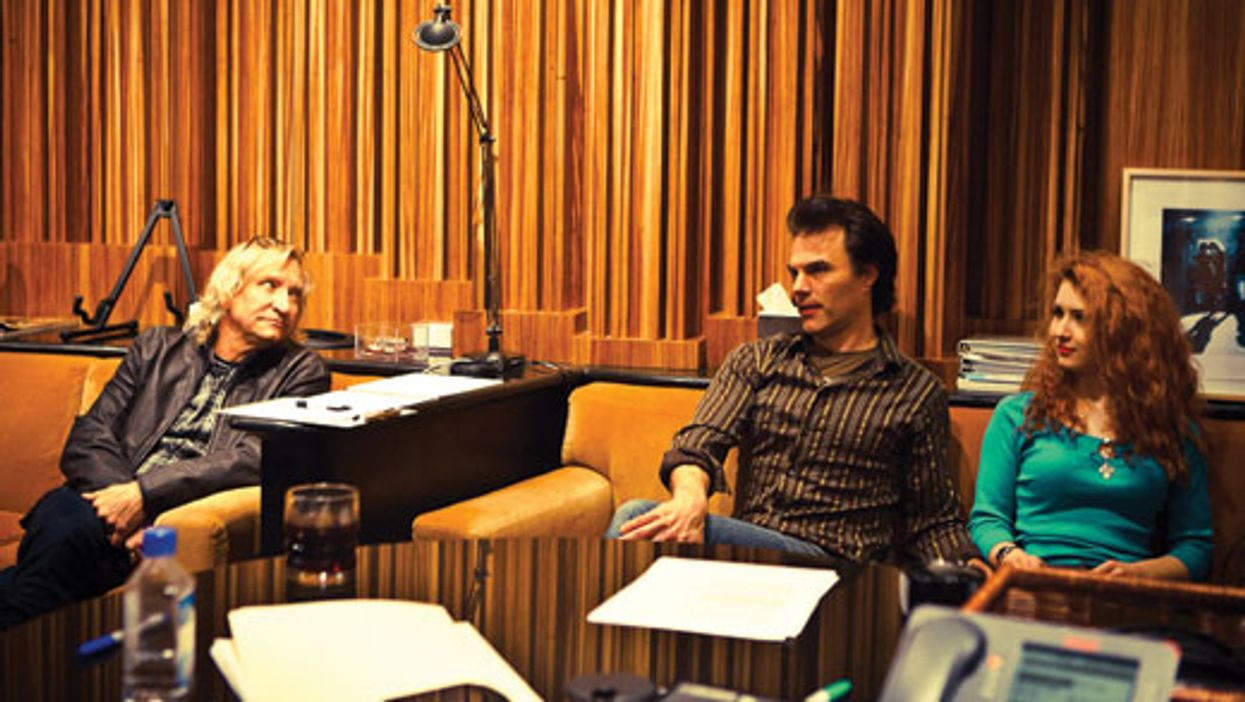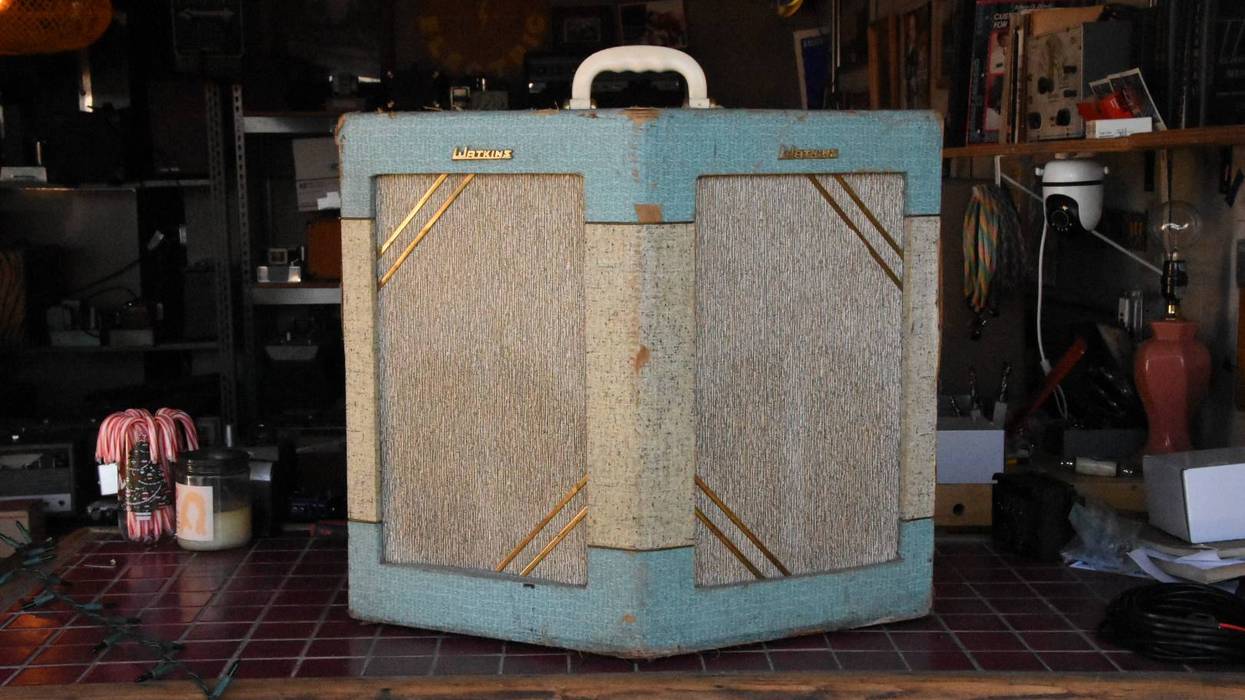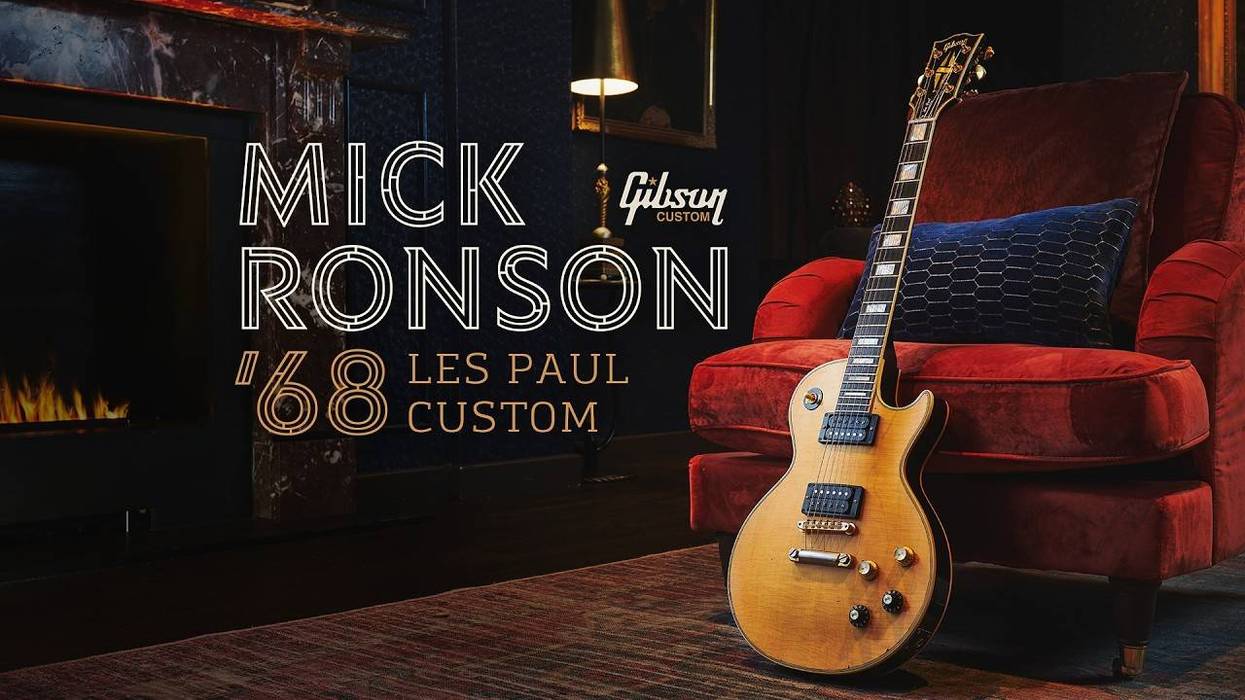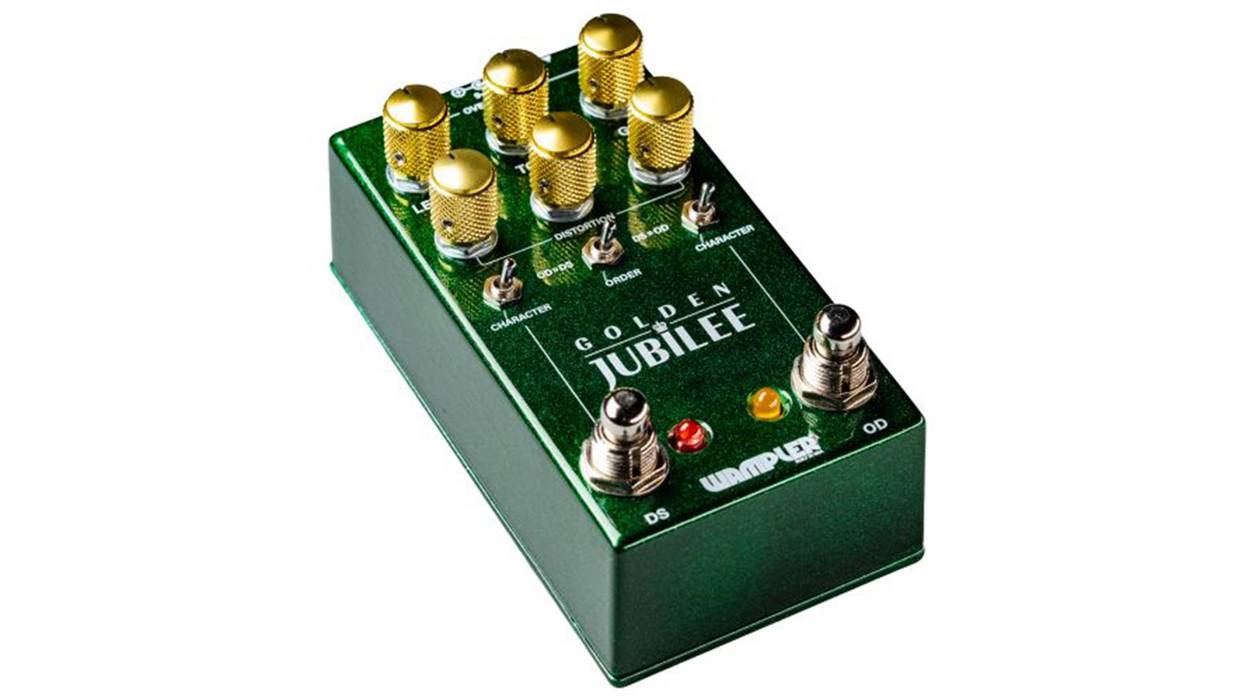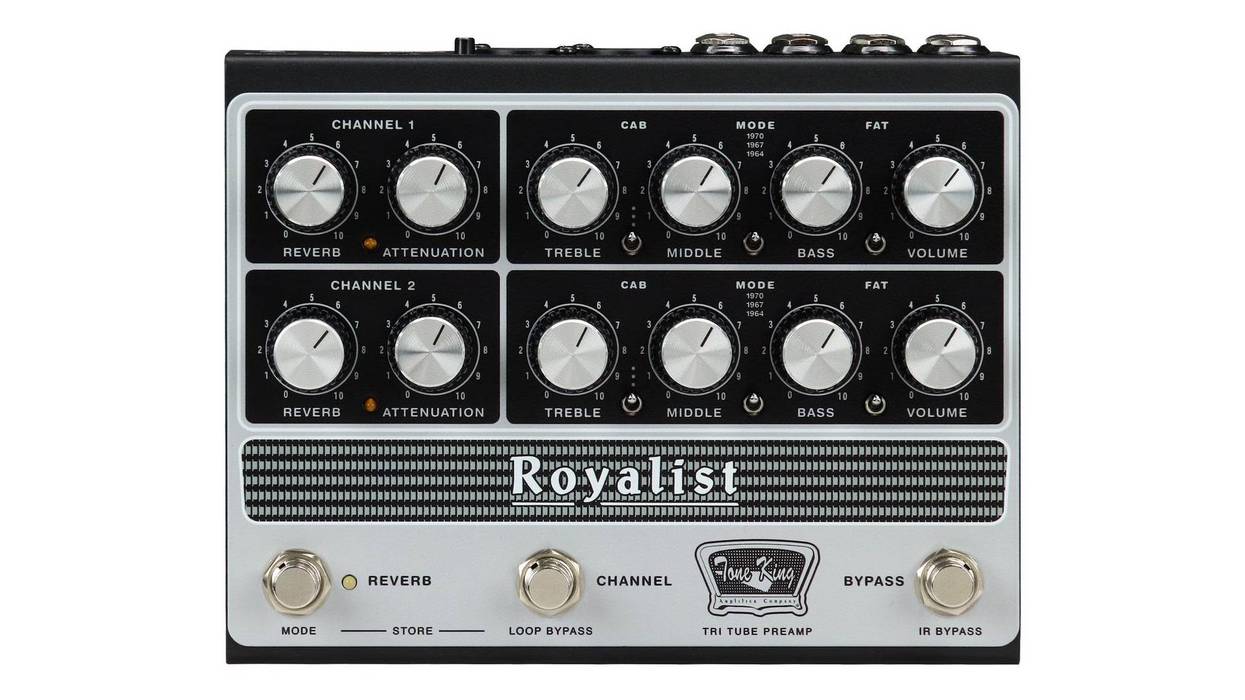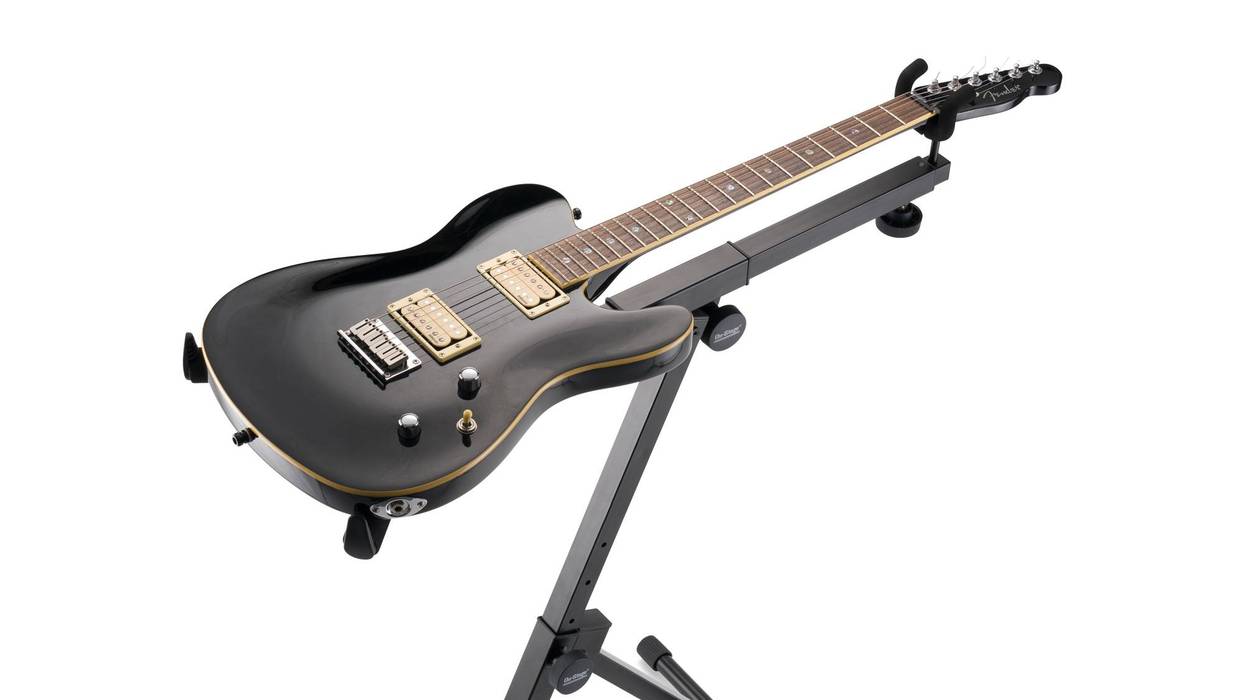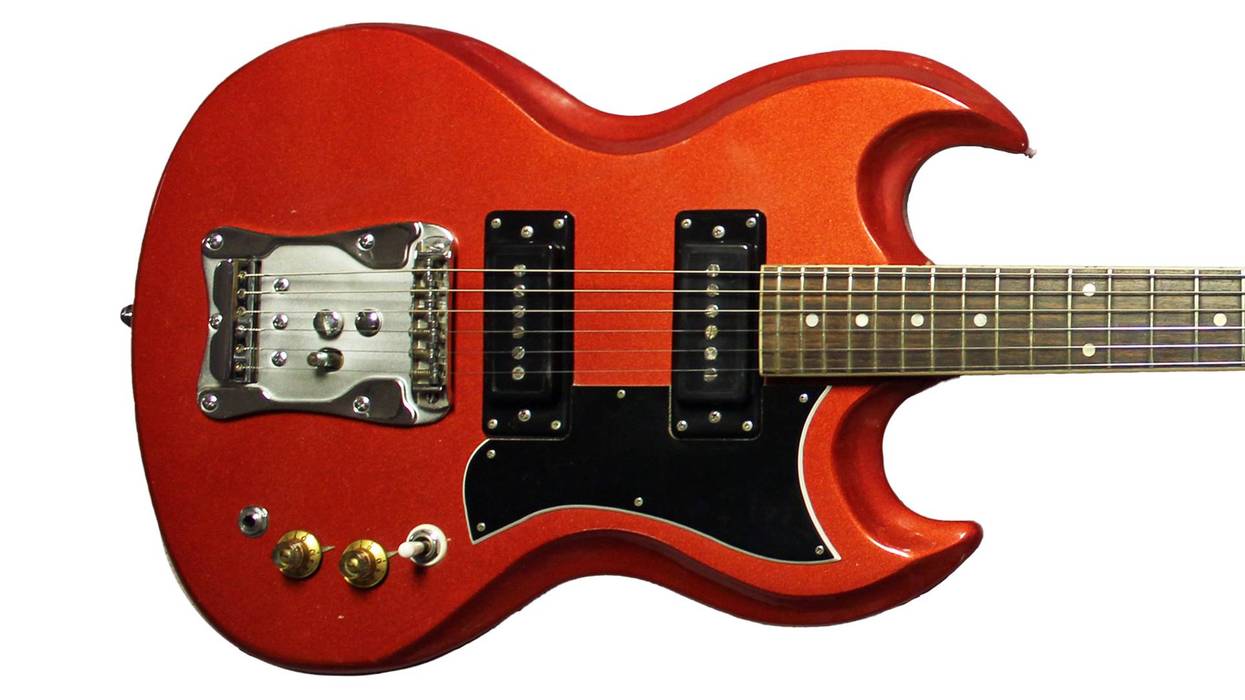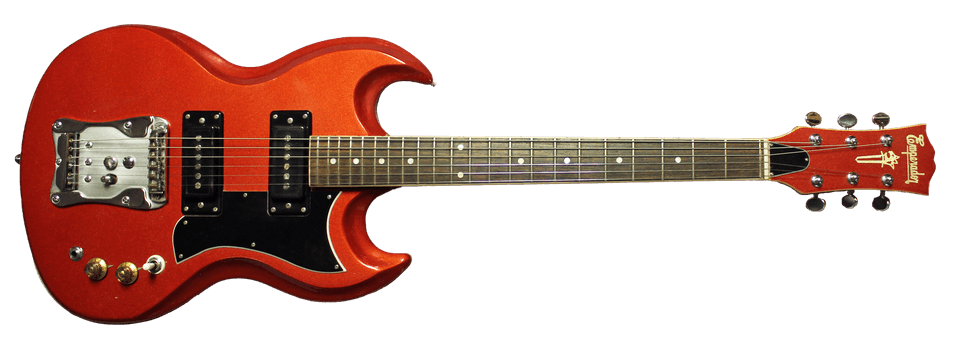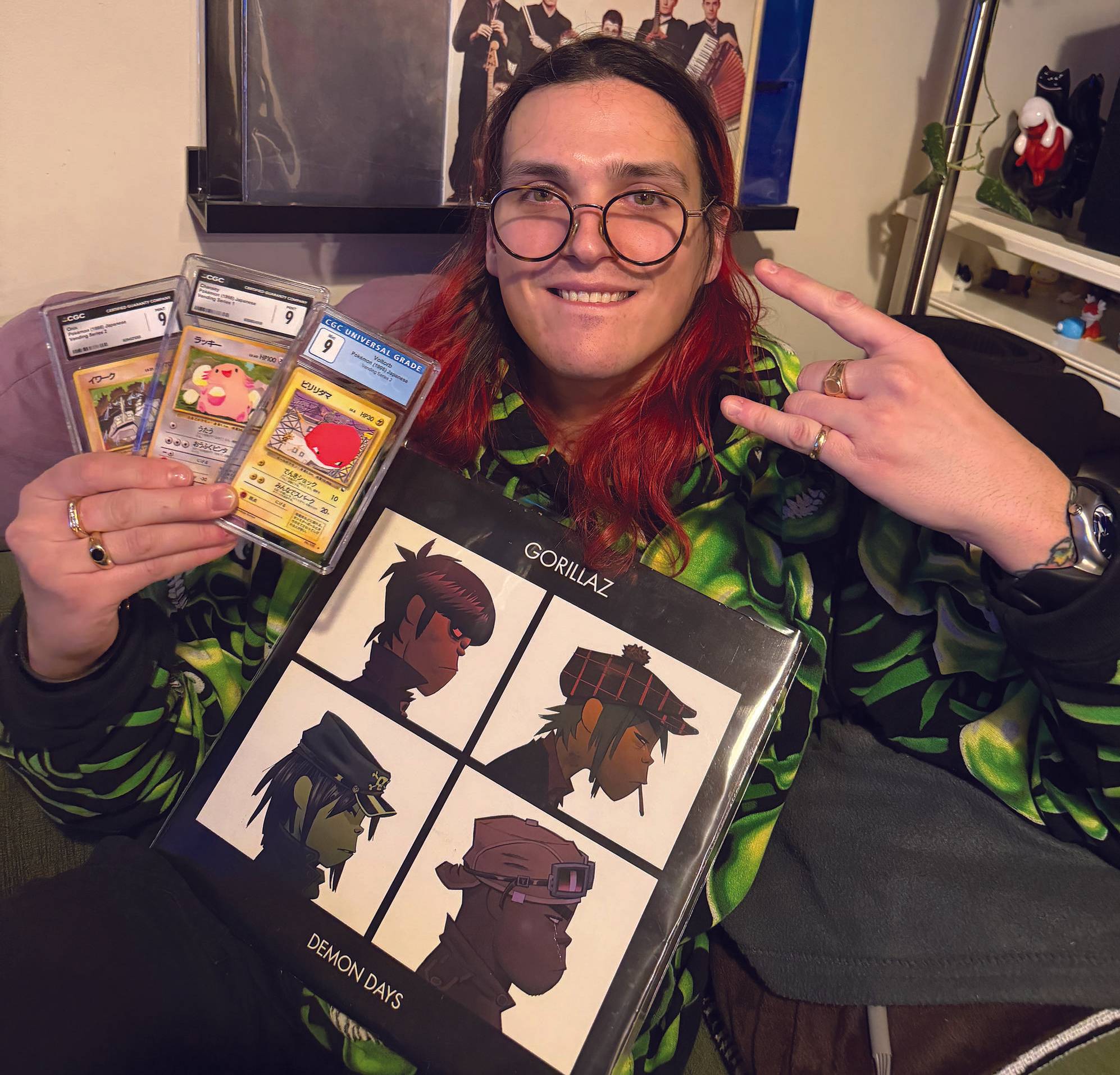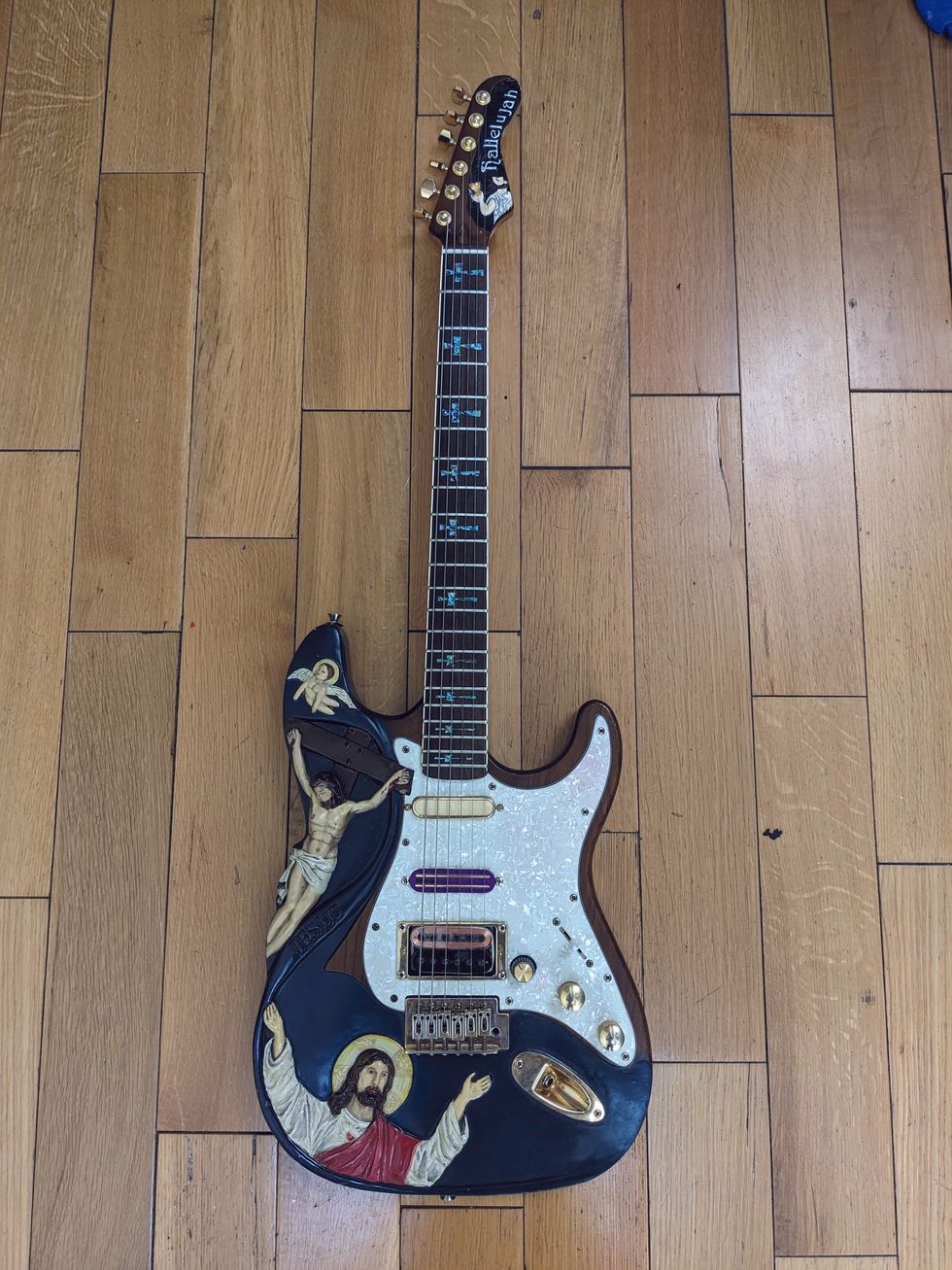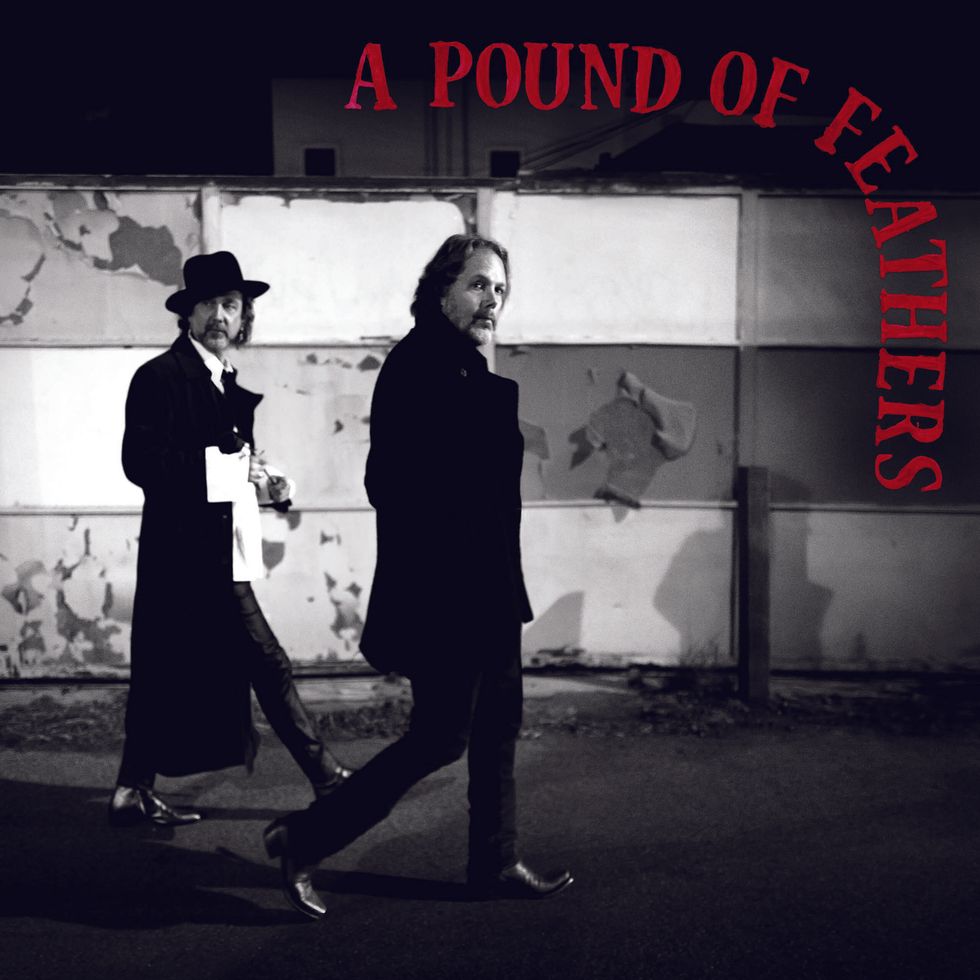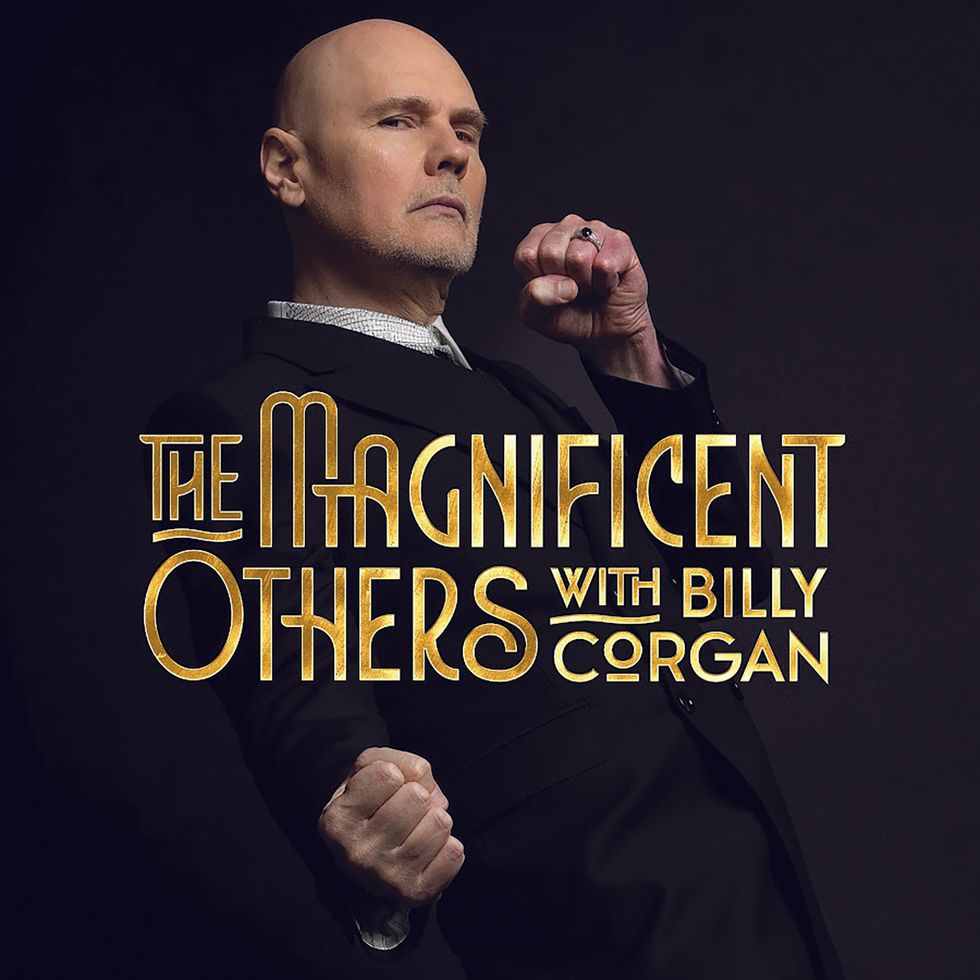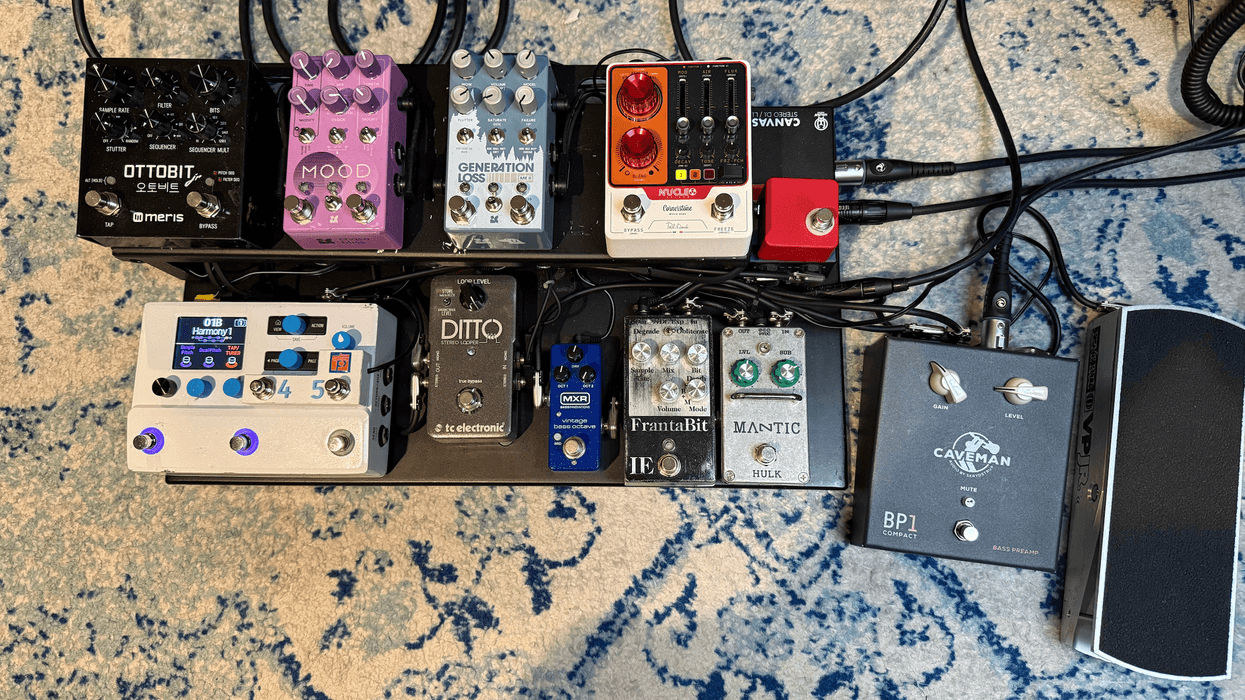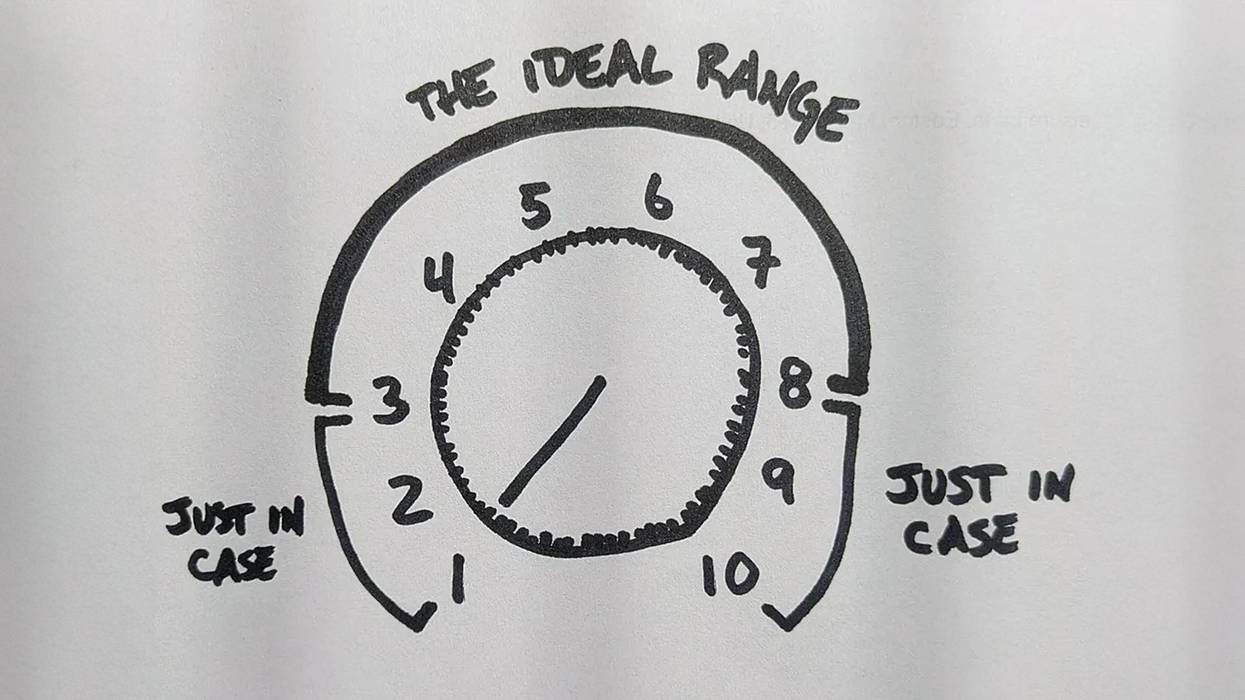Ernest Hemingway was drinking away an afternoon with a few other writers when the subject of word economy came up. Legend has it Hemingway bet each member of the group $10 that he could craft an entire story in six words. When the money was on the table, Hemingway pulled out a pen and wrote on a napkin:
For sale: baby shoes, never worn.
Hemingway passed the napkin around the table then scooped up his much-deserved winnings.
I'll bet Hemingway pre-wrote this “Baby shoes" line because such off-the-cuff brilliance is rare. It was genius to use a classified ad as a literary device. Ads have to be short—you pay by the word. “Baby shoes" must be one of the most emotionally charged images imaginable. The final detail—“never worn"—stabs readers in the heart and leaves them wondering what the hell happened. The appeal of flash fiction like this is that each reader's imagination fills in the blanks. This perfectly crafted story continues in your mind long after you finish reading it.
The same appeal holds true in music. The space between the notes gives you time to take in what the notes are saying. Watch Joe Walsh's cameo on Dave Grohl's Sonic Highways, when the Foo Fighters bring him in to play the solo on “Outside." It's fascinating to watch Walsh's restraint. The band breaks down and the spotlight goes to Walsh. He stands there, head down, feeling the groove. When I first saw the footage, I kept wondering when Walsh would come in. Did he miss his cue? Is he wondering what to play? Then I stopped thinking about that and began noticing how the groove sounded so mysterious and funky with everything stripped away except the stark bass and drums. Eight long, tense bars into the solo section, Walsh plays two eighth-notes and one whole note, and then lets another four bars silently slip by. Then he restates the slightly altered three-note phrase and hangs out for another four bars.
Walsh is 30 seconds in and has told this engaging tale with only six notes, much like Hemingway's short story. Next Walsh plays a four-note phrase and lets that sink in for four more open measures. The solo lasts for a good 90 seconds, but he probably plays fewer than 35 notes in the entire thing. It's a perfect solo.
the notes are saying.
A lot of guitarists might listen to this and say, “What's the big deal? That was easy—I could've played that." But the truth is, they wouldn't have. Most players would come in on bar one and flail away for the whole thing, eventually working in a long dweedley dweedley. Most players don't have Walsh's talent, vision, restraint, and incredible confidence. Finding a few perfect notes is wildly difficult.
Les Paul, a man of blistering chops and many fast notes, said it best in a 2005 interview in Performing Songwriter [“Remembering Les Paul," performingsongwriter.com].
I've talked to some of the greatest players on earth. I've asked them “What's the toughest thing for you in music?" and I get the same answer. “It's to play slow or play with feeling." Count Basie, the longer he was alive, the less notes he could play, because of his illness. The less notes he played, the more he thought about playing the right note. The last time he performed, at the Grammy Awards, I was there. He was in a wheelchair, and we helped him up onto the ramp and got him to the piano. He put his left hand up and counted the band off, and they're playing like crazy. All of a sudden they break and he hits one note. And I thought, “God Almighty, that's the best note I ever heard."
Reading Les Paul's words made me realize how annoying I must be—playing too much, talking too much, adding more unneeded noise to a cacophonous world. A good deal of what we hear is empty filler, and what's the point in filler? Wouldn't you rather have a small helping of great meatloaf than a huge helping of loaf that tastes like oatmeal?
I'm not saying fewer notes are always better, but every one needs to count. Van Halen's “Eruption" has a whole lot of notes and just a bit of space between the sections ... it's pretty much perfect. I've seen live versions that add to it, but they never seem as engaging as the original.
Next time you're playing a solo, look at the big picture and use space. See if you can create a story in six notes. Take a lesson from the Wizard of Waukesha: Play less to say more.


